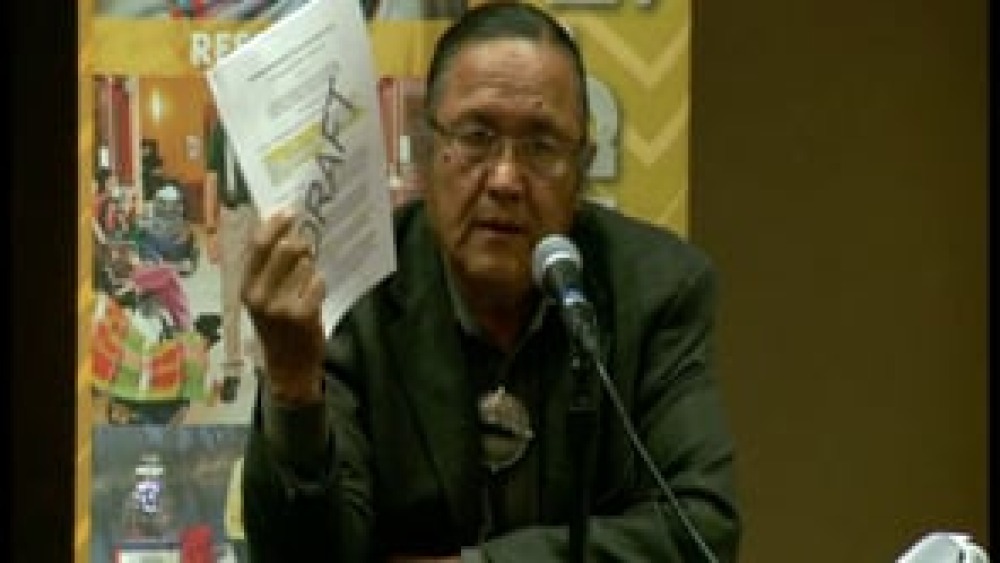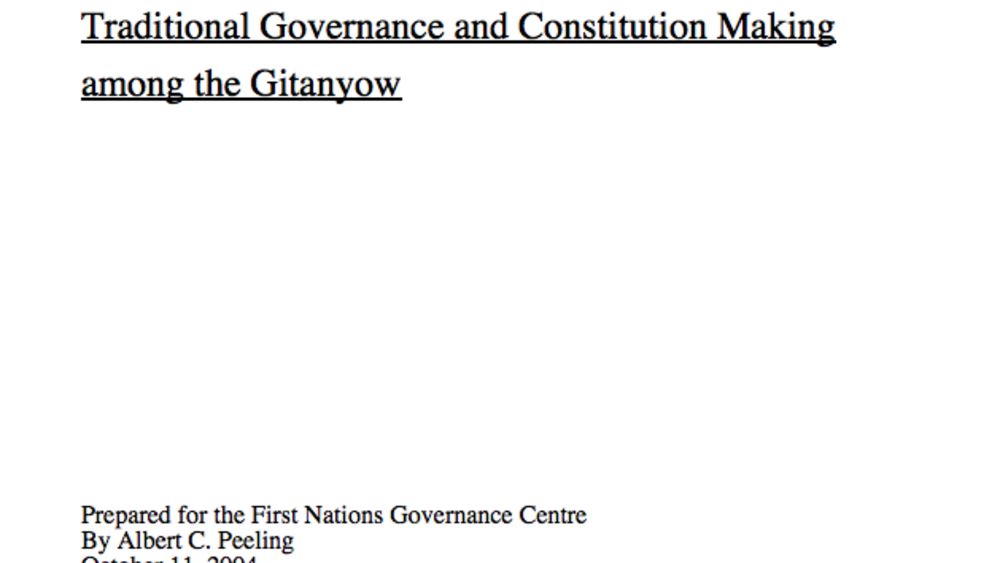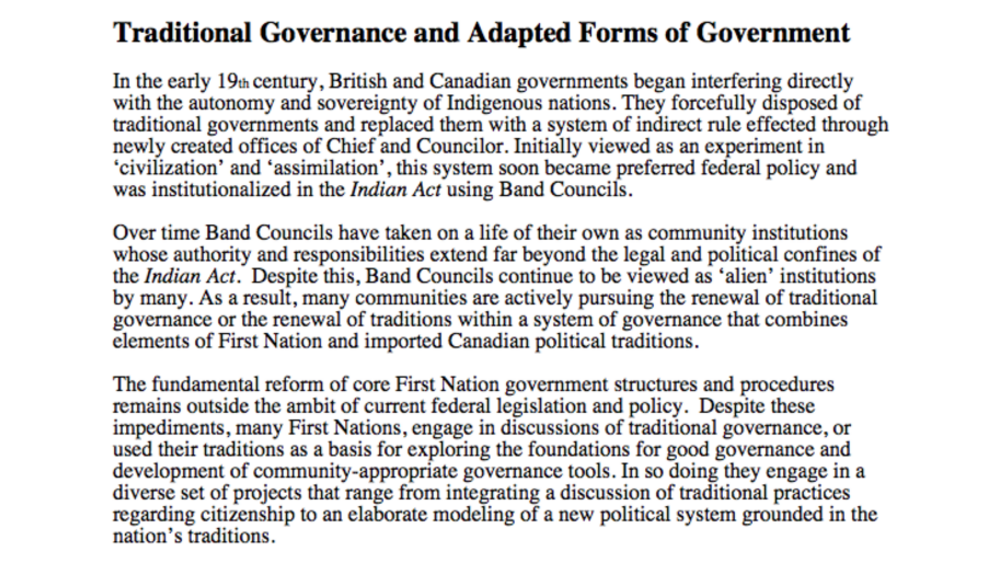A key to understanding American Indian nations, and Indigenous Peoples in general, is local community organization. Local groups, as basic building blocks of indigenous nations, play a powerful role in tribal or national consensus building and decision-making. The ways that local indigenous groups are constructed varies considerably among the nations, and through history...
Additional Information
Champagne, Duane. "Kin-Based Governments Can Be Successful and Profitable." Indian Country Today. October 11, 2013. Article. (https://ictnews.org/archive/kin-based-governments-can-be-successful-and-profitable, accessed August 1, 2023)




